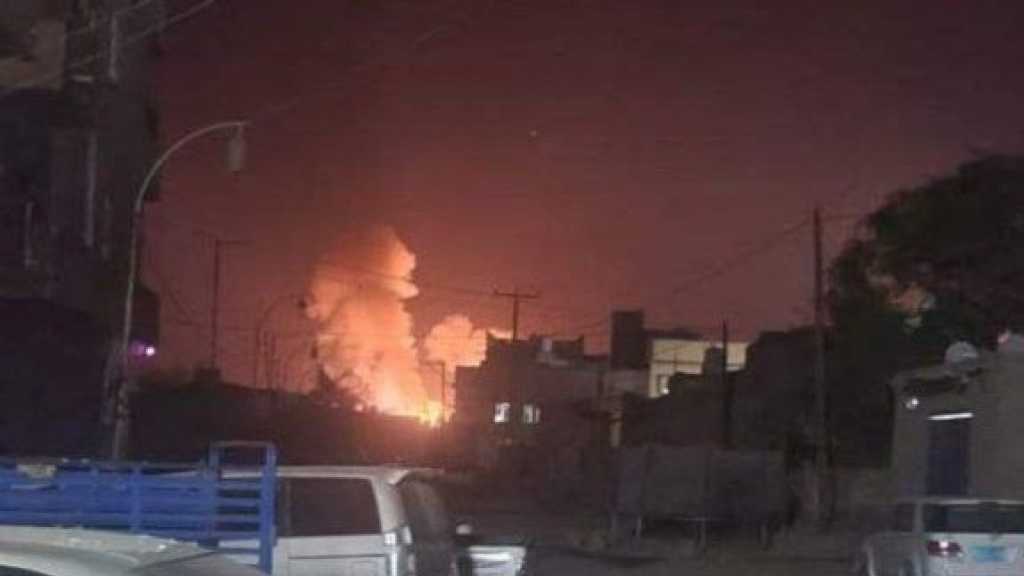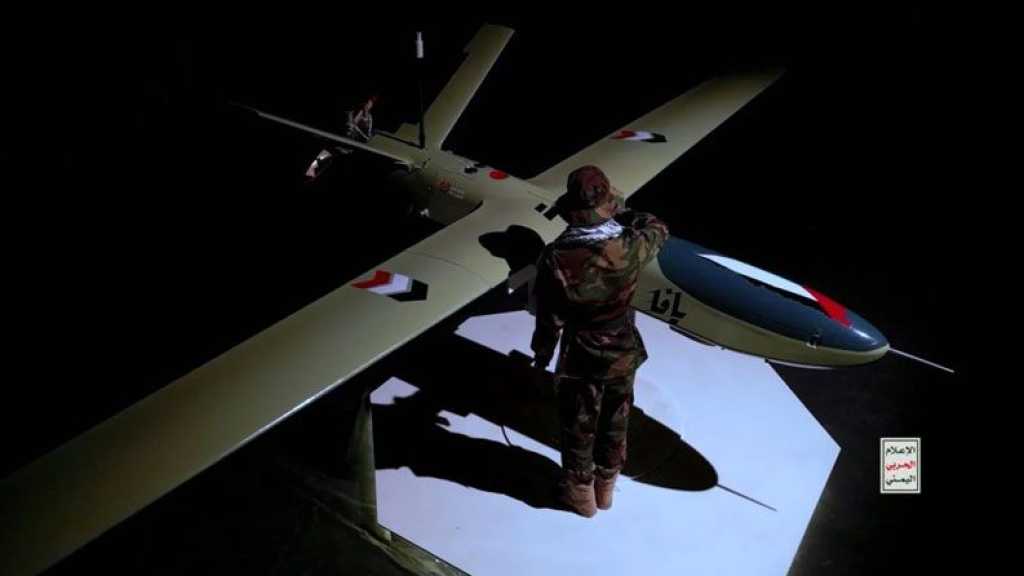Undeterred By US Aggression, Yemen Threatens to Expand Scope of Retaliation

By Staff, Agencies
CNN reported that the US’s astronomically-expensive campaign of aerial aggression against Yemen’s Armed Forces has fallen far short of deterring the country that has now threatened to extend the scope of its retaliatory strikes.
The report was carried on Sunday, noting how the American military had conducted weeks of airstrikes across Yemen, targeting the country’s infrastructure since mid-March.
The attacks, a remarkable escalation from the United States regular aggression towards the country in support of "Israel", began after Sana’a resumed a ban on "Israeli" and "Israeli"-linked ships’ traversing key waterways. The latter ban followed "Israel’s" routinely violating a ceasefire in the Gaza Strip, and effectively preventing entry of vital supplies into the Palestinian territory.
Earlier, the US broadcaster had reported that the cost of the American operations had approached $1 billion in under three weeks, citing three individuals briefed on the campaign of aggression.
The outlet had also noted that, despite the financial and logistical intensity of the assault, the airstrikes had had “limited impact” on diminishing the Yemeni forces’ operational strength.
“We are burning through readiness — munitions, fuel, deployment time,” it cited a US official as saying in its Sunday report, adding that despite the intense bombardment, the forces have only ramped up their response.
Since mid-March, they have launched multiple ballistic missiles at the occupied Palestinian territories and have repeatedly targeted US naval assets in the Red Sea using drones and missiles, the report noted.
While these attacks have not caused significant physical damage, they reflect a clear resolve to resist US aggression, it said.
According to CNN, US officials claim that several mid-level Yemeni commanders have passed away, an allegation rejected by Sana’a. However, intelligence analysts say the Arab Peninsula country’s senior leadership remained intact, and much of its military infrastructure, including key missile-launching capabilities, is still operational.
The broadcaster additionally reported that far from being deterred, the Yemeni forces had now threatened to make their retaliatory strikes inclusive of more targets.
“The dozens of airstrikes on Yemen will not deter the Yemeni Armed Forces from fulfilling their religious, moral, and humanitarian duties,” a spokesperson for Yemen’s Ansarullah resistance movement also said recently.
CNN further quoted US and regional experts who said the US aggression was unlikely to succeed.
In parallel, pundits also told CNN that as the US campaign continued, the high cost, limited results, and growing regional fallout had raised questions about Washington’s endgame, and whether its military pressure could achieve what a decade of warfare has not.
Elisabeth Kendall, a Yemeni affairs’ expert, said that air power alone was insufficient to deter Sana’a. The country, she said, “has been bombed tens of thousands of times over the past decade and remains undeterred.”
“So, one is left thinking that the bombing is largely performative: let’s show the world — we’ll do it because we can,” she added.
Ahmed Nagi, an analyst at the International Crisis Group, a Belgium-based think tank, echoed the sentiment. He told CNN that the belief airstrikes would compel Yemen to back down is a miscalculation, adding, “This approach failed under the [Joe] Biden administration and is unlikely to succeed under the [Donald] Trump administration.”
The Yemeni resistance has repeatedly proven its resilience in the face of superior military firepower, said the broadcaster.
It noted that the country had survived multiple foreign offensives, including from a Saudi Arabia-led coalition, the "Israeli" occupation entity, the United States, and the United Kingdom.
Analysts say the country’s increasing technical capabilities, including the use of hydrogen fuel cells and turbojet engines in its UAVs [unmanned aerial vehicles], have extended the range and payload of its drones, further enhancing its deterrent power.
Comments



